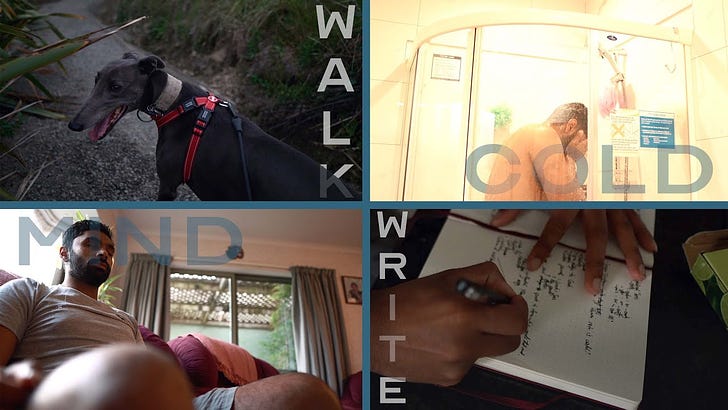you'll see finish what i am building. i promise.
Commonwealth Games qualification inspires an app and career change.
Keep reading with a 7-day free trial
Subscribe to Staying Focused to keep reading this post and get 7 days of free access to the full post archives.



